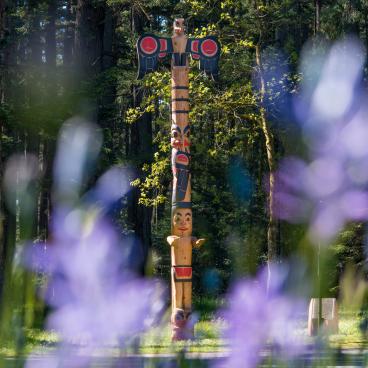When developing this orientation, we were guided by the Traditional Knowledge shared in the Four Feathers Writing Guide – in particular, the four Traditional stages of learning shared by Cowichan and T'Sou-ke Nations Elder Shirley Alphonse and SC’IÁNEW̱ Elder Nadine Charles. We sought and obtained permission to weave the Indigenous Knowledge shared in the Four Feathers Writing Guide into this orientation. The ownership of the Traditional Knowledge remains in perpetuity with the appropriate Nation; the information must not be re-used without explicit permission from the appropriate Nation(s).
We invite you to explore the four stages of the orientation below.
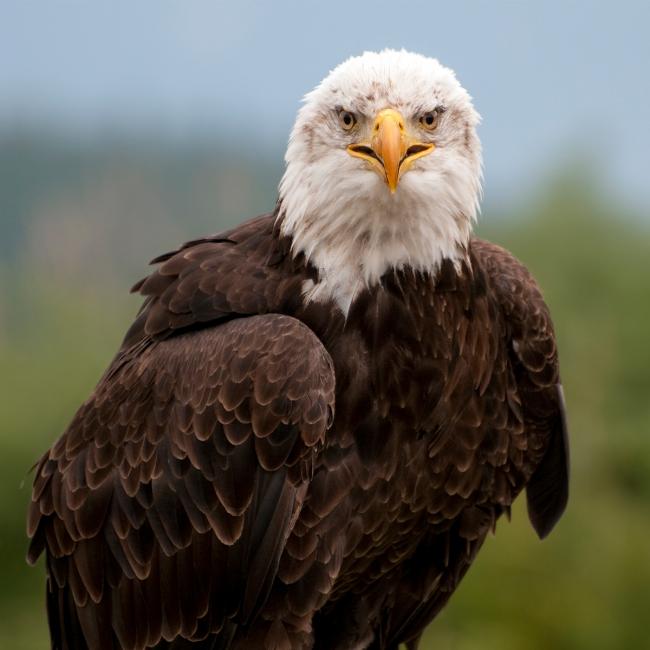
1. Develop a vision: Be of good heart and mind
Are you a new student who has just been accepted to your program but you haven't started your coursework yet? The information at this stage is intended for you and is a very general introduction to the Library and Writing Centre.
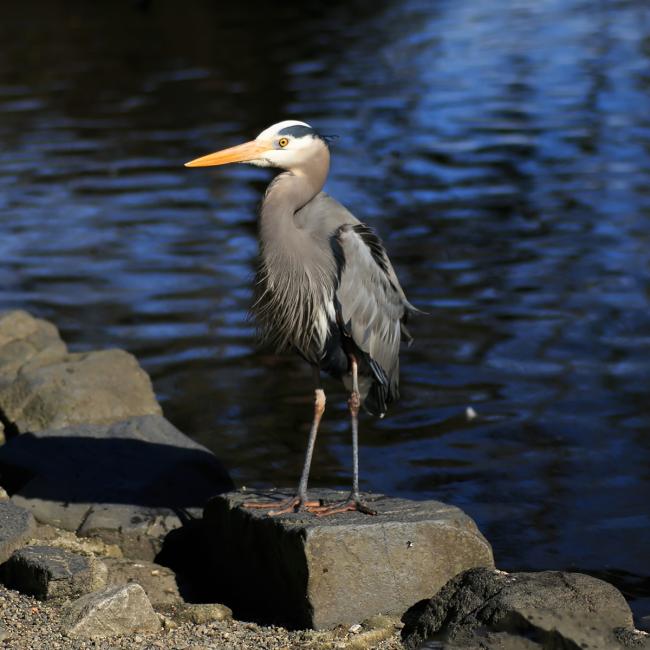
2. Gather Information: Learn more from others
Have you started your coursework and you're needing to know more about research and writing? This stage is for you! In this stage, we're focusing on practical, hands-on information about the basics of research and writing.
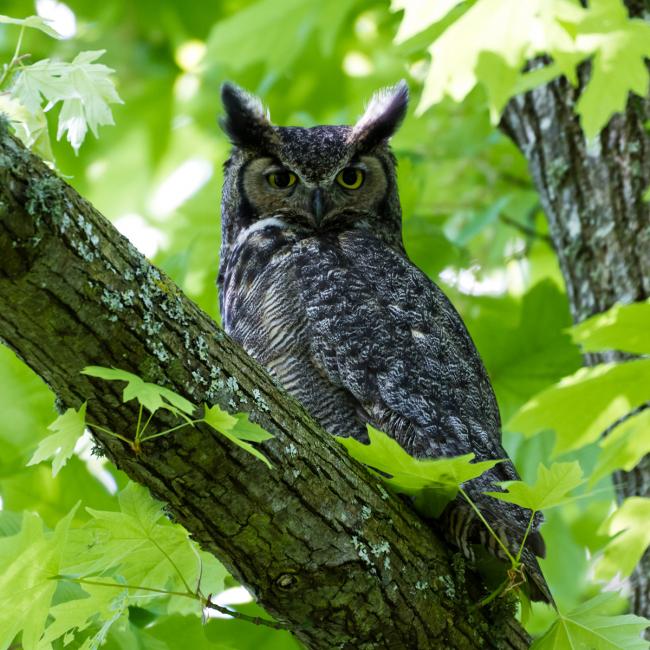
3. Identify knowledge: Prepare to tell the story
Are you a student who has some experience with research and writing and you're looking to that final push to complete your program? This information is for you! This stage is an opportunity to think about what you know about research and writing and what you need to know more about in order to complete that final exam, project, paper, thesis, or dissertation.
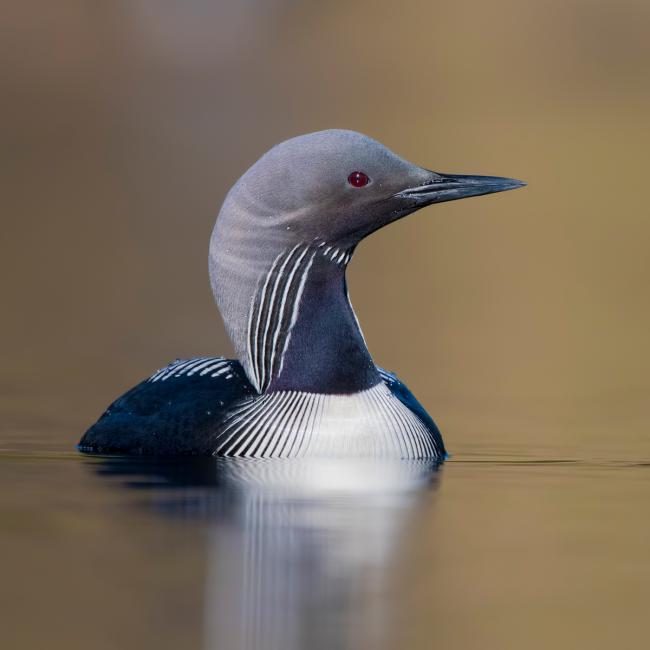
4. Share your voice: Communicate your knowledge
Are you working on your final exam, project, paper, thesis or dissertation? Perhaps you're looking beyond that final project toward publishing your work? This stage is for you!
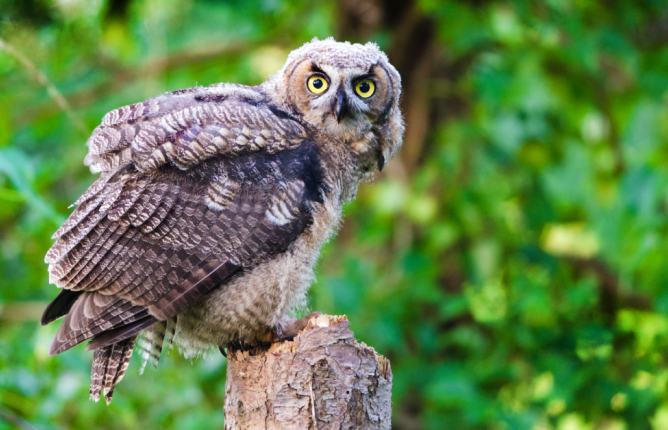
Four Feathers Writing Guide
The approach taken in this orientation grew out of work begun in the Four Feathers Writing Guide. Explore the guide to learn more about the four Traditional stages of learning.
Visit the guideLand acknowledgment
Royal Roads acknowledges the campus is located on the traditional Lands of the Lekwungen-speaking peoples, the Songhees and Esquimalt Nations
